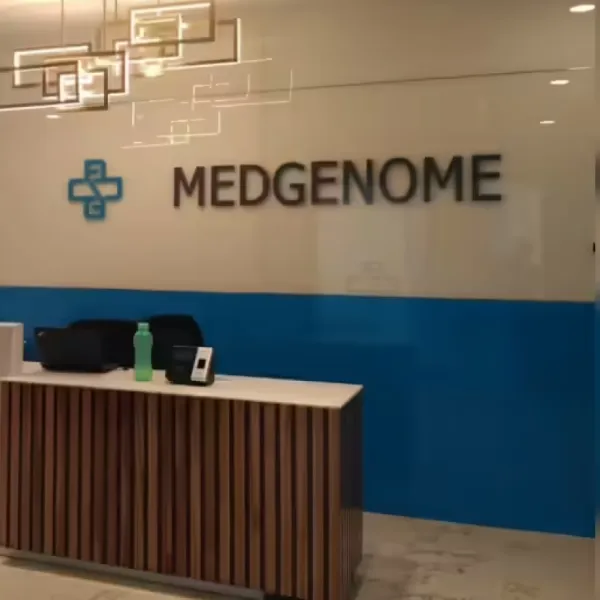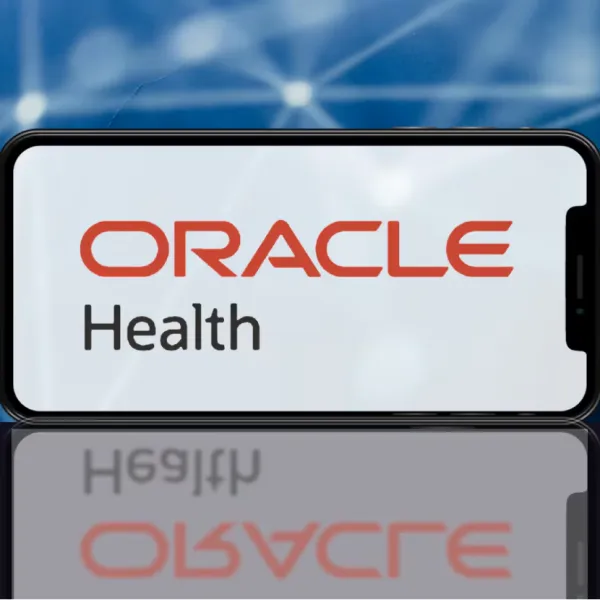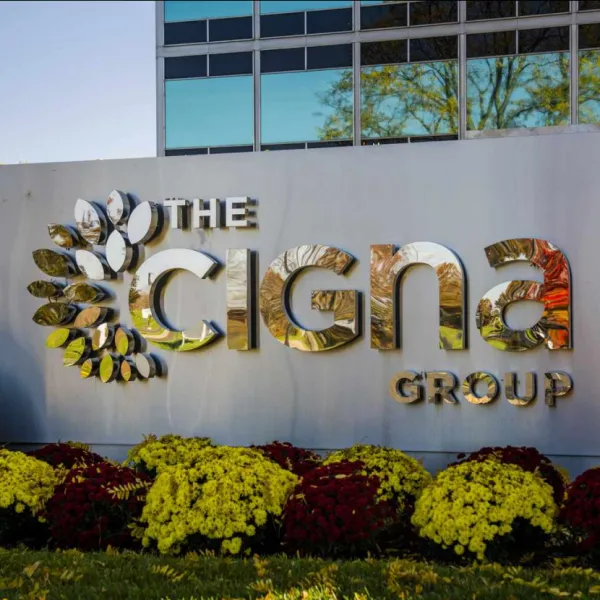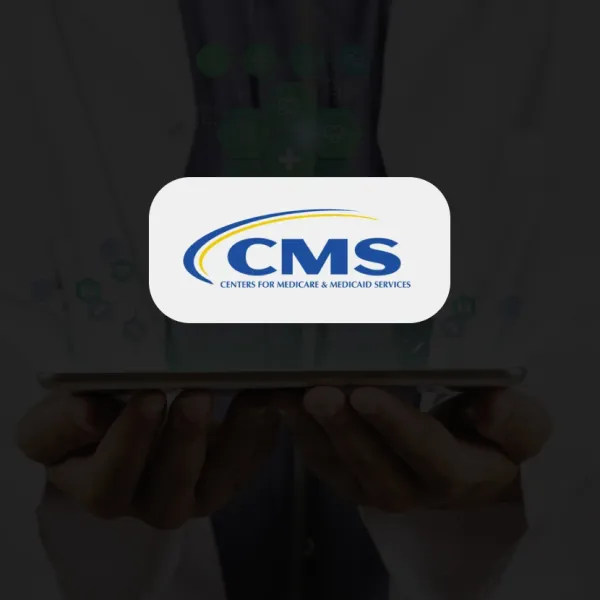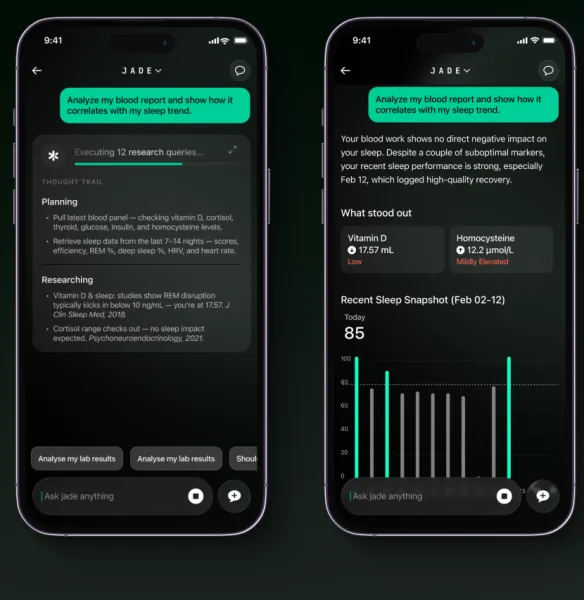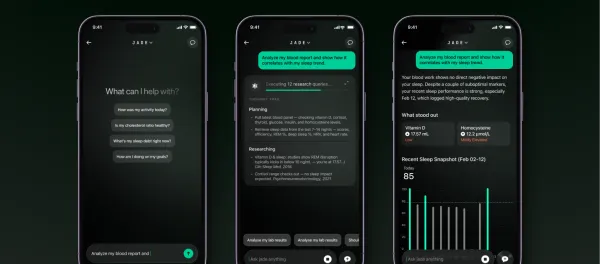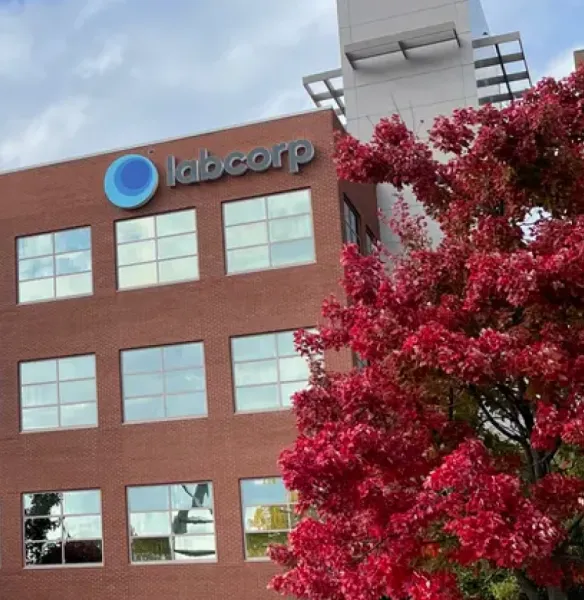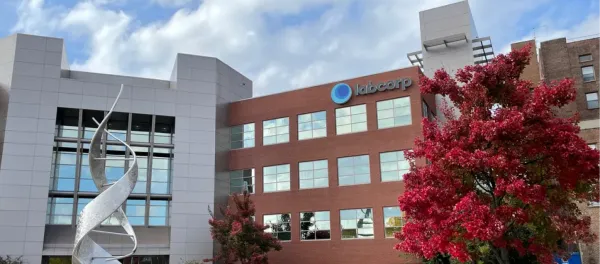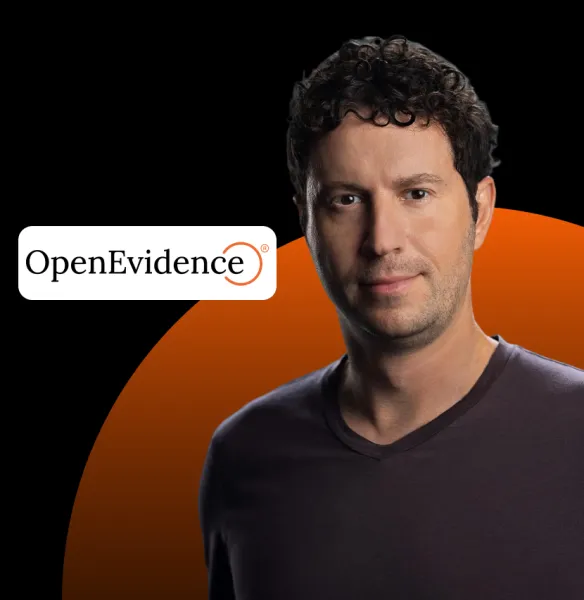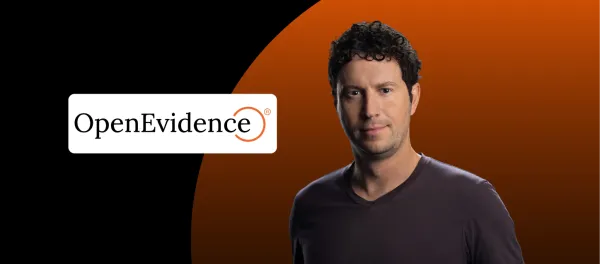Salesforce Unveils AI Solutions for Healthcare & Life Sciences Sector

Among the new offerings, Salesforce launched an AI tool for patient and member services aimed at reducing the time between patient onboarding and care.
Salesforce has introduced a suite of artificial intelligence (AI) solutions specifically designed for the healthcare and life sciences sectors.
These developments, part of its broader strategy to focus on industry-specific AI capabilities, are expected to help healthcare organizations optimize tasks such as matching patients to clinical trials and verifying benefits information.
Among the new offerings, Salesforce launched an AI tool for patient and member services aimed at reducing the time between patient onboarding and care.
By generating pre-visit recaps, AI-powered prescriptions, and benefits summaries, healthcare providers can avoid switching between multiple platforms, speeding up the approval process.
Further, this tool is part of Salesforce's new AI use case library, which features over 100 AI capabilities embedded in the company’s 15 industry-specific clouds.
In life sciences, a candidate auto-matching tool has been designed to help researchers and site personnel quickly identify suitable participants for clinical trials.
This system uses structured data, including diagnosis codes and medication details, and unstructured data, such as demographics, to match patients.
Moreover, the goal is to significantly reduce the time spent reviewing candidates and speed up the patient-matching process.
"Pharmaceutical and medtech sponsors can now assist their site coordinators and investigators in selecting inclusion-exclusion criteria to obtain a targeted shortlist of clinical trial candidates," according to Salesforce executives.
Tailored AI Solutions
Salesforce has placed a strong emphasis on customizability, enabling healthcare organizations to adapt AI tools according to their specific needs.
According to the company, the new tools are aimed at healthcare organizations' chief information officers, who can easily deploy pre-built and adaptable AI models to tackle industry challenges.
Jeff Amann, executive VP and general manager of Salesforce Industries, said,
“With Salesforce, organizations of every size and every budget can now easily get started with AI capabilities that were purposefully designed to solve their specific challenges—whether it’s helping banks resolve transaction disputes faster, care providers automatically summarize clinical notes, retail brands better manage their inventories, and much more.”
Salesforce's industry-specific AI prompts and data models allow for quicker and more accurate deployment of AI tools, especially in healthcare, where improving operational efficiency is crucial.
The company has focused on automating traditionally time-consuming processes, such as clinical documentation and patient assessments.
Salesforce's Recent Initiatives
Earlier this year, Salesforce introduced its healthcare-focused AI tool, Einstein Copilot, which functions as a conversational assistant. This tool, embedded within Salesforce’s customer relationship management (CRM) system, enhances healthcare workflows by capturing and summarizing details from clinical and nonclinical sources.
The system can update patient and member information and automate manual tasks, thereby streamlining the administrative burden on healthcare providers.
Salesforce plans to make most of these AI tools generally available by October 2024, with additional features expected to roll out by February 2025.
The company also announced plans to continue expanding its AI capabilities across the healthcare and life sciences sectors, including adding more solutions tailored to industry-specific needs.
As part of its strategy to advance AI-driven solutions, Salesforce recently agreed to acquire Tenyx, a developer of AI-powered voice agents.
Tenyx’s technology, which focuses on healthcare, e-commerce, and hospitality industries, is expected to bolster Salesforce’s AI offerings.
While the acquisition's financial terms were not disclosed, the deal is expected to close by the third quarter of 2024.
Stay tuned for more such updates on Digital Health News







